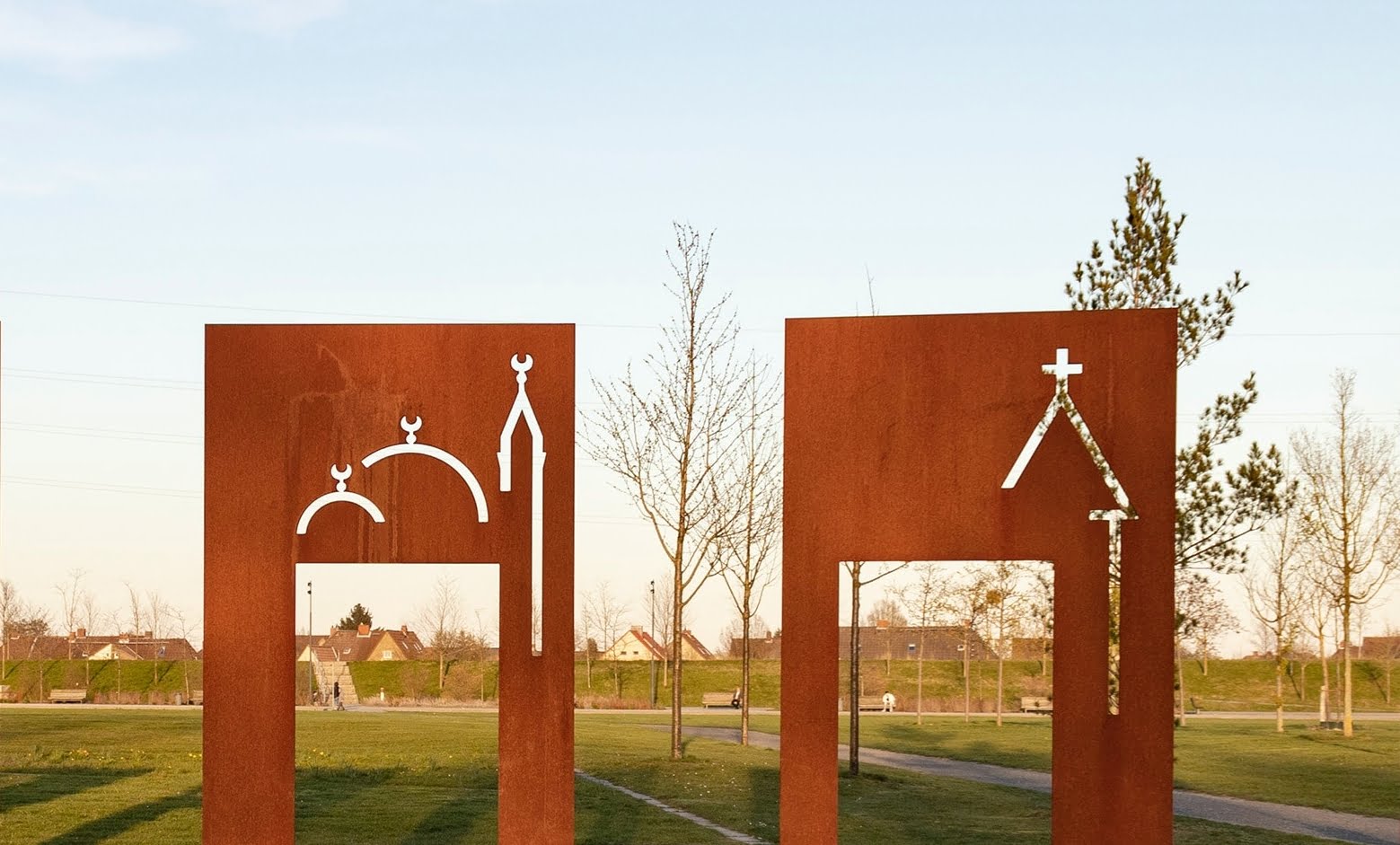As with ancient society, wide variegation runs throughout modern society in any number of areas.1 And religion is a key dimension of this variegation.
Conversions can and do happen. Even in their absence, however, it’s still necessary to live as good neighbors to those of other faith traditions (cf. Luke 10:25–37).
Sometimes, it might be unclear how best to do so. However, as usual, clarity comes with attention. Certainly, there are any number of helpful modes of attention, but one important one is conversation.2
A Conversation
So, in conjunction with Neighborly Faith, I’m delighted to bring you a conversation on Islam, Christianity, and neighborliness in the modern world.
In it, I’m joined by a wonderfully thought-provoking discussion partner—Mustafa Akyol.
Mustafa is a senior fellow at the Cato Institute’s Center for Global Liberty and Prosperity, where he focuses on the intersection of public policy, Islam, and modernity. Mustafa is a native of Turkey and the author of volumes like Reopening Muslim Minds: A Return to Reason, Freedom, and Tolerance (2021) and Islam Without Extremes: A Muslim Case for Liberty (2011), as well as The Islamic Jesus: How the King of the Jews Became a Prophet of the Muslims (2017). And he’s given numerous other interviews and informative talks.3
Conclusion
I truly enjoyed having the chance to talk with Mustafa. I only wish we’d had time to dig further into several items we only just barely raised. And I’m deeply grateful to him and Neighborly Faith for making it possible to share this discussion with you.
Just drop your email address in the form below, and I’ll send the full discussion your way. I hope you’ll find it as helpful and thought-provoking as I have!
Header image provided by Sven Piper. ↩
The fact that clarity comes with attention is a natural byproduct of the centrality of care to humans’ way of being in the world. See Martin Heidegger, Being and Time, trans. John Macquarrie and Edward Robinson (New York: Harper Perennial Modern Thought, 2008). And even clarity that comes through instantaneous, creative insight requires care as a prerequisite. See Daniel Kahneman, Thinking, Fast and Slow (New York: Farrar, Straus & Giroux, 2011). ↩
E.g., Brooklyn College, TEDx. ↩

Leave a Reply